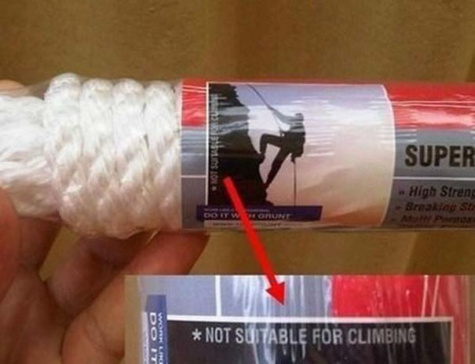
Dylan Backer | Writer & Photographer
October 7, 2022

Advertising is a huge part of how companies and brands get their name and products seen by the public. Advertisers will go to great lengths for higher viewer retention rates. Some will even go as far as making false claims about the possible benefits of their products. In many cases, there is no way to prove these claims are false without clinical or laboratory testing. Eclipse said their gum could kill germs. Uber lied to its drivers about how much they would be paid for certain rides. Kellogg was sued for claiming their cereal, Rice Crispies boosts a child’s immunity. With all of these successful companies following unethical practices, it poses the question of why are they allowed to get away with it. The only repercussion the above-mentioned companies faced is a few fines and court settlements. These consequences do not prevent companies from maliciously lying to their customers in the future. Recently Monster Beverage Corporation won a lawsuit against Bang Energy. Bang energy contained the brand’s patented Super Creatine. Super Creatine was claimed to increase the levels of creatine in the body. They deceived their consumers on the benefits of their drink. Monster Beverage Corporation was awarded 293 million in damages.
When junior Gavin Lodico was asked what do you think should happen to companies that get caught false advertising? He responded, “they should receive a fine and the misled customers should receive a refund.” The Feder Trade Commission (FTC) is the government agency that overlooks and regulates businesses with their allowed practices. The FTC already attempts to do what Gavin mentioned. Gavin was then asked the follow-up question, “do you think those consequences would be enough to stop companies from misleading their customers in the future?” He responded, “now that I think about it more, probably not.”
Junior Corey Zuvic responded to the same question, saying “[t]he company should be fined 100 percent of their profits. If there is no benefit for a company to falsely advertise they won’t do it.” Put simply, Corey doesn’t want the company to seek any reward for purposely misleading their customers. Additionally, with the company only losing its profit it will not financially suffer. With a system holding a company accountable for every cent they make it will only take one occasion for the company to learn its lesson.
While this system would likely work, it is highly unlikely for the FTC to put forth such a radical penalty. Taking everything into consideration, a future where consumers are appropriately informed seems an unattainable goal.

Leave a Reply